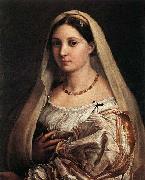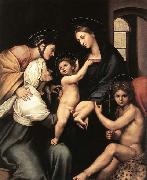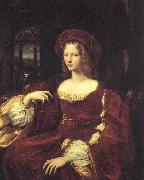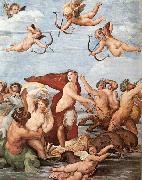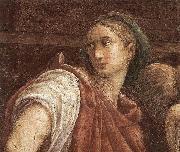Öl auf dem Segeltuch,das echte Aroma von alten Meistern

|
|
|||
| Italian High Renaissance Painter, 1483-1520 | |||
|
|
|||

| |||
|
|
|||
|
|
|||

| |||
|
|
|||
|
|
|||

| |||
|
|
|||
|
|
|||

| |||
|
|
|||
|
|
|||

| |||
|
|
|||
|
|
|||
| Vorheriger Künstler Nächster Künstler | |||





